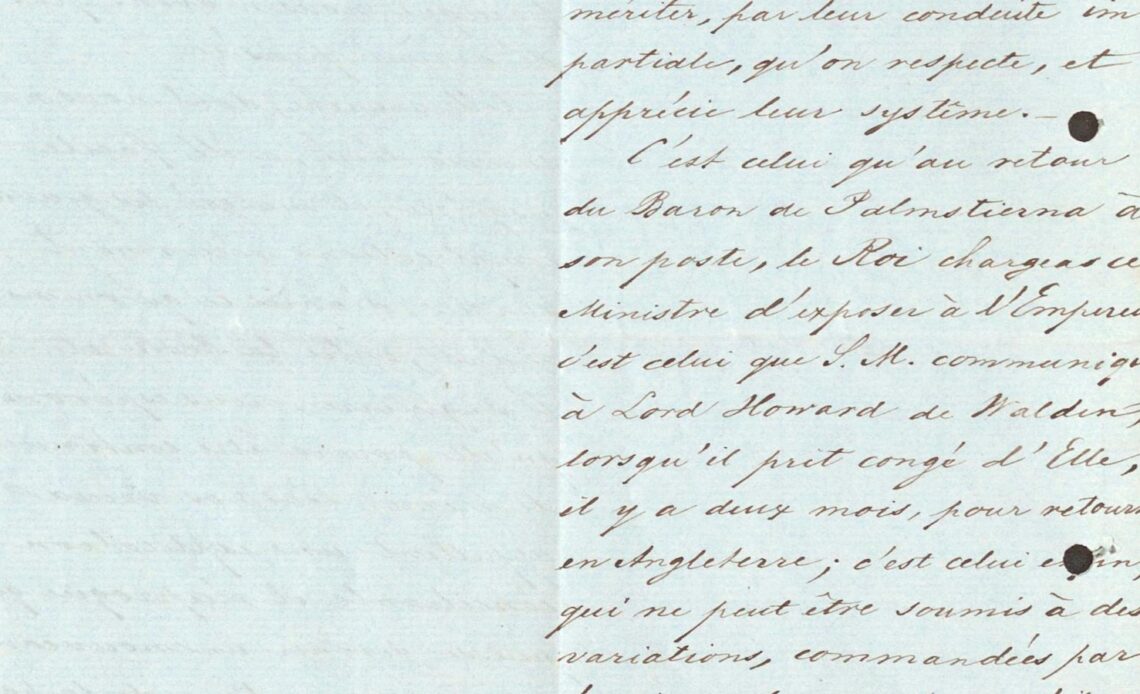STOCKHOLM — Sweden’s last war ended in 1814, and when the rifles and cannons it aimed at Norway fell silent, the once-warring power would not take up arms again.
For the next two centuries, Sweden embraced a policy of neutrality, refusing to take sides in wars or join any military alliance. It was a stance that kept peace at home and contributed to the country becoming a prosperous welfare state and humanitarian superpower.
This remarkably long era of nonalignment is coming to a close as Sweden joins NATO. The ceremonial formalities are expected soon, after 18 months of delays while Turkey and Hungary held up ratification and sought concessions from other members of the alliance.
“Sweden is now leaving 200 years of neutrality and nonalignment behind us,” Swedish Prime Minister Ulf Kristersson said after Hungary’s Parliament gave its approval Monday, overcoming the final hurdle. “It is a big step. We must take that seriously. But it is also a very natural step that we are taking.”
Sweden, like neighbor Finland, had long ruled out seeking NATO membership. That changed practically overnight when Russia launched its invasion of Ukraine in February 2022. The attack sparked fears across Europe of Moscow’s revived imperial ambitions — alarm that has grown as Russia gains momentum on the battlefield in Ukraine.
“It’s the right path for us,” said Jacob Frederiksen, a 24-year-old pilot, who like many Swedes has embraced NATO membership amid the breakdown of the post-World War II order that largely kept the peace for decades. “I think in this new era, it’s better to be part of an alliance than being independent and neutral.”
The invasion “had a shock effect on Swedish political life,” said Henrik Ekengren Oscarsson, a political scientist at the University of Goteborg. He analyzed polling data showing that support for NATO membership surged from 35% in 2021 to 64% after the invasion.
“It was the largest and fastest shift in opinion that has so far been measured in Swedish political history,” Ekengren Oscarsson wrote.
Still, new anxieties come with being part of an alliance amid rising tensions between Russia and the West.
Ulrika Eklund, a 55-year-bank employee in Stockholm, said she feels uncertainty about being in NATO and the effect it will have on Sweden. But she understands why the step has been taken with “so much going on in the world and in Europe.”
The country’s neutrality has its roots in the early 19th century, when Europe was…
Click Here to Read the Full Original Article at ABC News: International…

